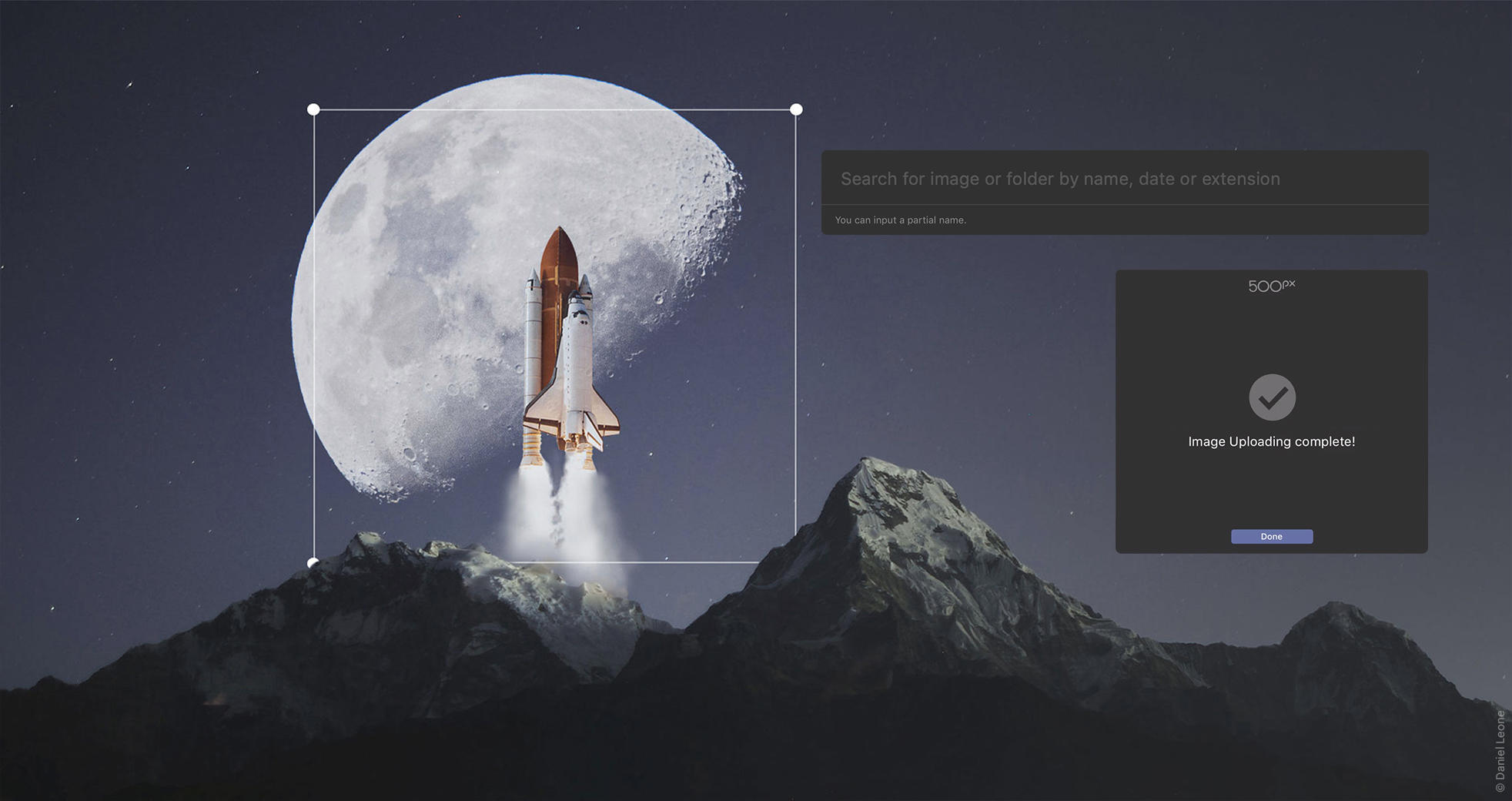
Luminar has been creating a slimmer version of its lidar sensors that create better images of the vehicle’s surroundings and improved “collision avoidance of small objects at up to autobahn-level speeds,” according to the company. The initial plan with Volvo has “ballooned dramatically over the past couple of years, where we’re now being embedded in 20 different production vehicle models or variants across the globe,” says Russell.

The company initially was only supplying the tech for Volvo but later secured contracts for other manufacturers. The company is opening a new factory in Monterrey, Mexico, this year that will supply the sensors that will supply Volvo, China’s SAIC, Polestar, Nissan, Mercedes-Benz, and truck maker Daimler.
LUMINAR NISSAN DRIVER
While the regular vehicles will not be fully autonomous, the lidar sensors will help the driver to avoid issues and have a safer driving experience. Luminar, the leading company that makes lidar sensors, has secured contracts with many large vehicle manufacturers to add the sensors to vehicles to make advanced driver-assist systems. It monitors everything outside the vehicle to help avoid mishaps such as other cars, pedestrians, or crossing over lines on the road.įully autonomous vehicles have faced many setbacks, due to safety concerns, tech issues, and other issues such as regulatory mishaps, but the lidar sensors will help make advanced driver-assist systems for regular vehicles.Īlthough fully self-driving cars will likely be farther in the future than many had hoped, the lidar technology behind the vehicles is still being used and implemented into millions of cars over the next few years. The lidar technology includes the sensors that act as the eyes and ears of the vehicle.

Luminar, which creates the sensors for lidar technology, has secured contracts to supply the autonomous tech to six auto and truck makers to make advanced driver-assist systems.


 0 kommentar(er)
0 kommentar(er)
